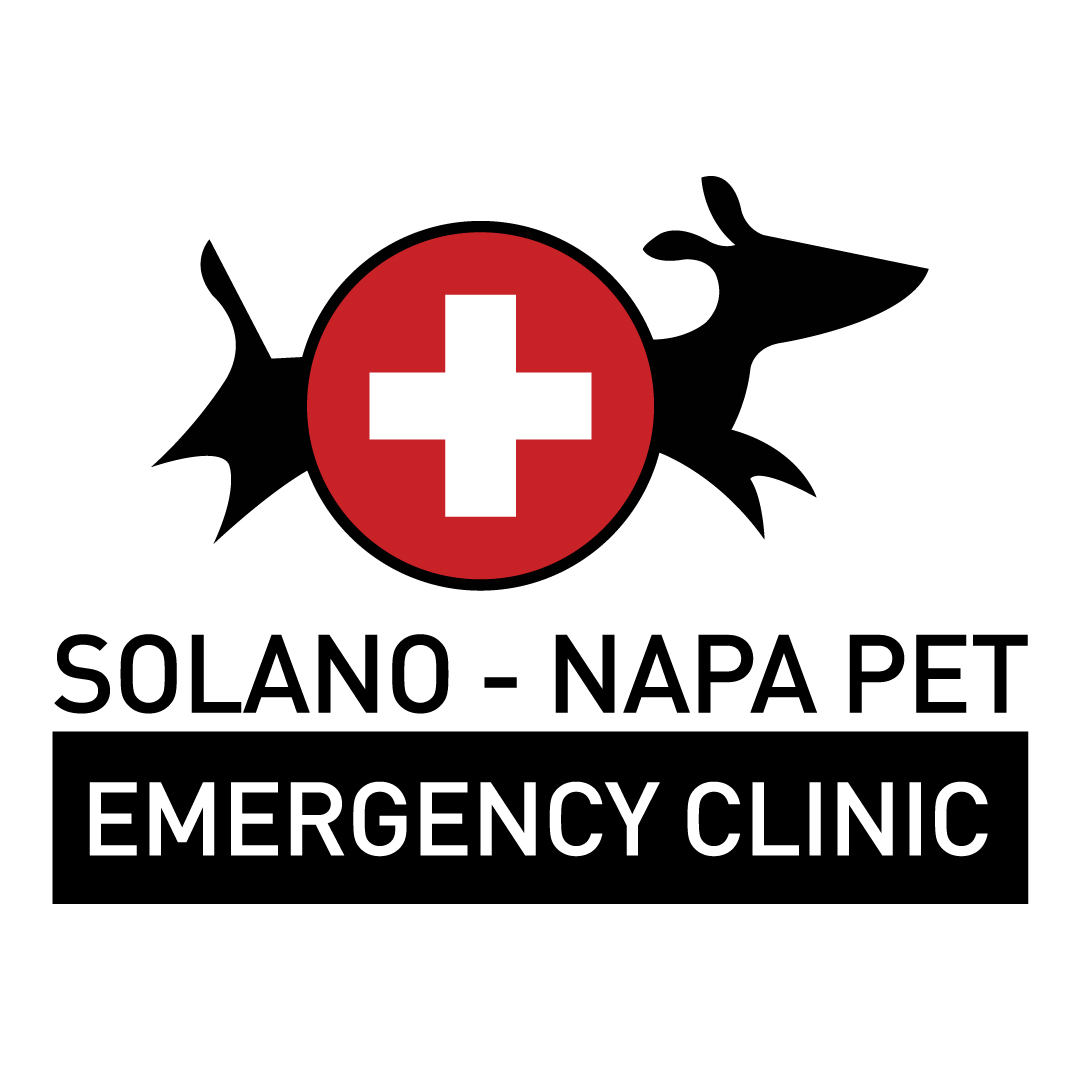As veterinarians, we rely on laboratory testing to monitor baseline values and look for signs of illness in cats. These tests give us information beyond what we can obtain during a physical examination, and they are a crucial aspect of veterinary care.
Here at Solano-Napa Pet Emergency Clinic, we understand that you want to do what’s best for your feline friend but may have questions about their care. That’s why we’ve answered some of the most common questions about laboratory tests for cats below. If you are looking for a skilled veterinarian in Fairfield, CA, we’d love to help. Give us a call at (707) 864-1444 today for the compassionate care your cat needs.
What is lab work for a cat, and how is it done?
Lab work for cats primarily consists of two things — blood work and urine samples. As veterinarians, we rely on these tests to monitor our feline patients’ ongoing health and to check for signs of certain diseases.
When we do blood work for a cat, we draw a sample from the jugular vein or a leg vein. Then, we enter the sample into our analyzer and compare it to the normal values for healthy cats. We collect urine samples either through a special cat litter or by inserting a small gauge needle into the bladder.
Lab work allows us to check several things in cats, including:
- Organ function
- Thyroid levels
- Electrolytes
- Urine concentration
- Urinary tract infections
How does a baseline lab test impact the health and well-being of my cat?
Baseline lab tests are essential because they let us track health changes in patients. They also provide a timeline for when various problems may have started. If, for example, your cat’s blood work is normal one year and not the next, it gives us an idea of when the problem may have taken place. Without baseline lab tests, we have no way of knowing when health problems began.
What are some reasons that my cat might need lab work done?
We recommend baseline lab work for all cats regardless of their age or health status. In addition, your cat might need lab work if they are sick or going under anesthesia for a procedure.
Symptoms that may prompt us to recommend lab work for your cat include:
- GI abnormalities
- Vomiting
- Diarrhea
- Weight loss
What are some possible cat health conditions that lab work can help detect?
As veterinarians, we rely on lab work to help us detect several conditions in cats.
Health conditions we can detect with lab work include:
- Kidney disease (especially in older cats)
- Hyperthyroidism
- Urinary tract infections
- Signs of Diabetes in cats
- Liver failure
- Feline immunodeficiency virus
- Feline leukemia virus
- Calcium deficiencies
- Low protein
- Anemia
What specific things are being looked at while using my cat's blood work? And what can it tell my veterinarian about my cat's health?
We examine several things when doing lab work. Lab work usually includes three to four different tests. A complete blood count (or CBC) allows us to assess your cat’s red and white blood cell counts as well as platelet counts. Another common component of blood work, blood chemistry, looks at values related to your cat’s kidney and liver function, protein levels related to pancreatic function, and thyroid function. During urinalysis, we look for bacteria and red or white blood cells in the urine.
The results of these tests give us a clear picture of your cat’s health and can help us identify health problems.
Is blood work alone enough to ensure a proper diagnosis of a cat's illness?
Blood work is a powerful diagnostic tool, but it does not always tell the whole story. Sometimes sick cats have completely normal blood work. Because blood work gives us a lot of information about organ function, feline diabetes, urinary tract infections, and hyperthyroidism, it provides an excellent starting point. When we need further testing, we may recommend additional lab work or diagnostic imaging, such as ultrasounds or x-rays.
Why is lab work so important in the early detection and diagnosis of cat illnesses?
Early detection gives us the best chance of treating disease and restoring your cat’s health. Even if we cannot cure a health problem, detecting it early allows us to begin an appropriate course of treatment right away and to use various treatment modalities to improve the patient’s quality of life.
Solano-Napa Pet Emergency Clinic is open 24/7/365 to serve you and your beloved pets. If you are in need of urgent or emergent service, we are here for you!! Please call us at (707) 864-1444.
